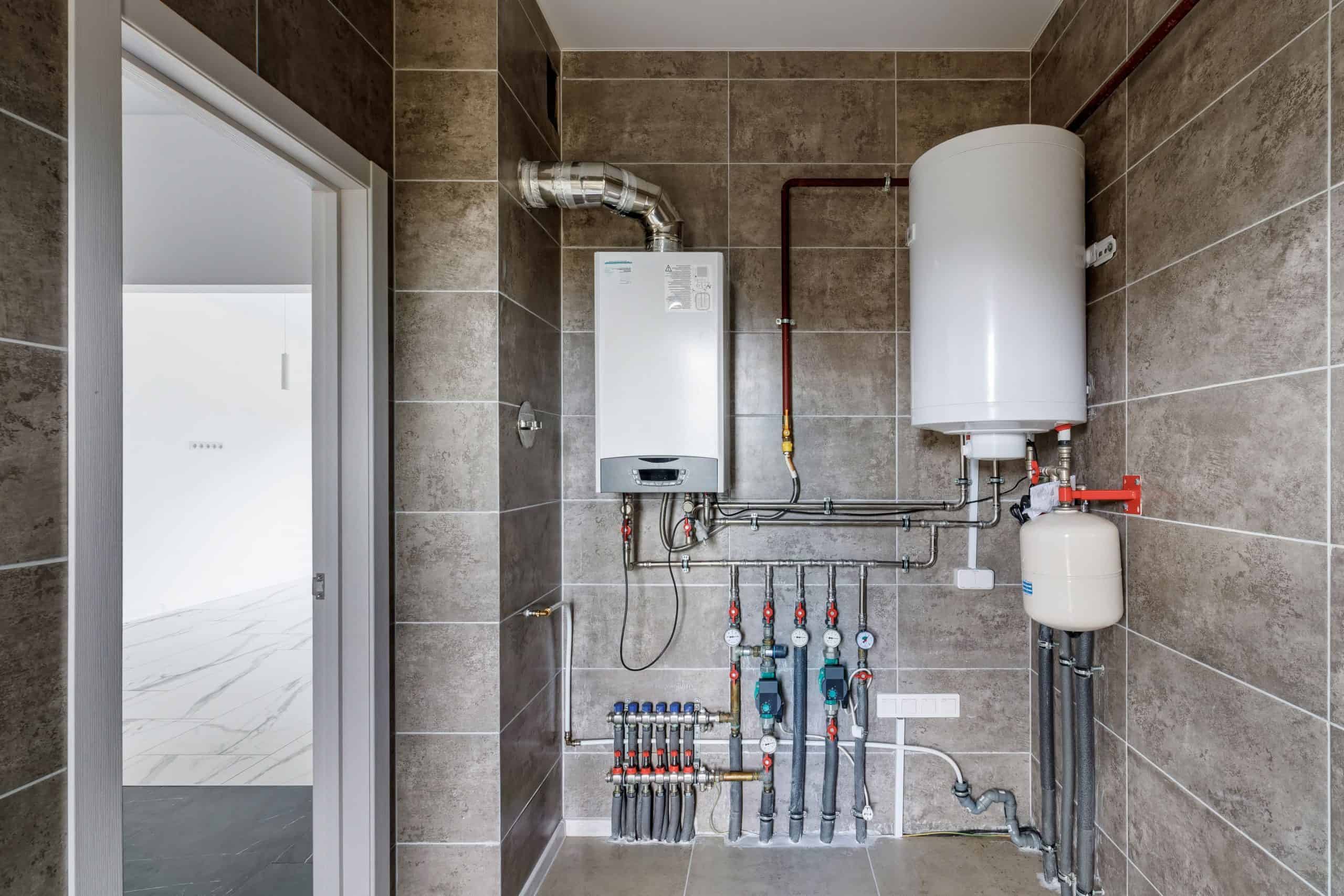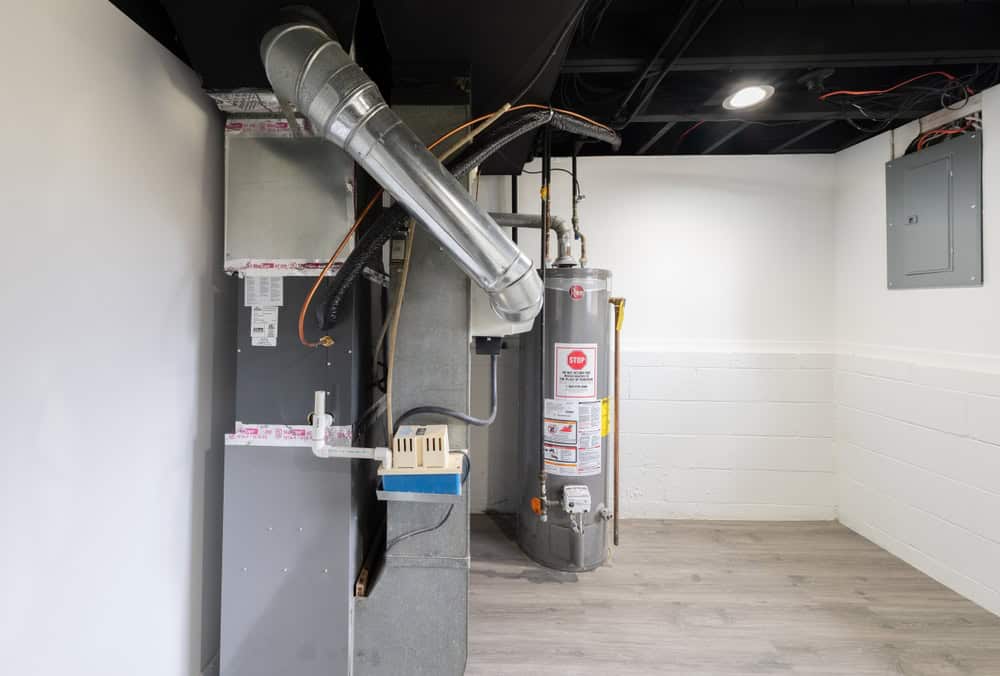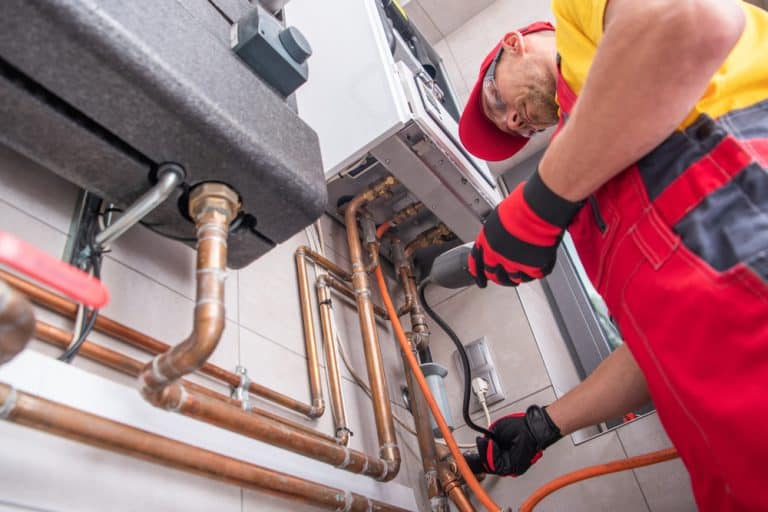
Hear from Our Customers

Your heating bills drop by 30-50% every month. No more scheduling oil deliveries or watching the gauge, wondering if you’ll run out on the coldest day of the year.
You get consistent, clean-burning heat that responds faster and distributes more evenly throughout your home. Your basement gets that space back where the oil tank used to sit.
The real difference? Predictable monthly costs instead of those brutal $400-600 oil deliveries that always seem to come at the worst possible time.
We’ve been handling complex plumbing projects in Raynham since 2007. We know the local codes, the permit process, and exactly what it takes to get your conversion done right the first time.
Most Raynham homes were built when oil was the standard, which means we understand the unique challenges of retrofitting older properties. We handle everything from the initial gas line installation to coordinating with National Grid for service connection.
You’re not our first rodeo with oil to gas conversions, and you won’t be our last. We do this work regularly enough to spot potential issues before they become expensive problems.

First, we assess your current heating system and plan the most efficient route for your new gas line. We handle all the permits with the town of Raynham – no paperwork headaches for you.
Next, we install the gas line from the street connection to your heating equipment location. This includes running the line through your basement or crawl space and installing the proper shut-off valves and connections.
Then we coordinate with National Grid to establish service and perform the final connection. We test everything thoroughly and walk you through the new system operation before we consider the job complete.

Ready to get started?
Complete gas line installation from street to appliance, including all fittings, valves, and connections. We coordinate utility company hookup and handle all required inspections.
You get proper permits pulled with the Town of Raynham, which is crucial for insurance and resale purposes. Many homeowners don’t realize that unpermitted gas work can create serious liability issues down the road.
We also remove your old oil lines and cap them properly, leaving your basement clean and ready for whatever you want to do with that reclaimed space. The whole process typically takes 1-2 days depending on the complexity of your home’s layout.

Conversion costs typically range from $2,500 to $6,000 depending on the distance from the street gas line to your heating equipment and the complexity of the installation route. Homes closer to existing gas mains cost less, while properties requiring longer runs or difficult routing cost more.
We provide upfront pricing after assessing your specific situation. The investment usually pays for itself within 2-3 years through lower heating costs, especially with Massachusetts’ relatively low natural gas rates compared to heating oil.
Most homeowners see their heating bills drop by $1,200-2,000 annually after conversion, making this one of the best home improvement investments you can make.
Yes, all gas line work in Raynham requires permits from the building department and must be performed by licensed plumbers. We handle the entire permit process for you, including applications, inspections, and final approvals.
Unpermitted gas work isn’t just illegal – it’s dangerous and can void your homeowner’s insurance. When you sell your home, unpermitted work often needs to be redone at your expense to satisfy buyers and lenders.
We’re fully licensed in Massachusetts and maintain all required insurance coverage. Every job gets properly permitted and inspected, so you never have to worry about compliance issues.
Most residential conversions take 1-2 days of actual work time. However, the total timeline from start to finish is typically 2-3 weeks due to permit processing and utility company scheduling.
We coordinate with National Grid to establish your gas service, which can take 1-2 weeks depending on their schedule. The permit process with Raynham usually takes 3-5 business days.
Once we have permits and confirmed utility hookup dates, the physical installation work is straightforward and completed quickly. You’ll have heat throughout the process – we don’t disconnect your oil system until the gas system is fully operational.
If natural gas is available on your street but not connected to your home, we can handle the entire process including coordinating the service connection with National Grid. This is actually the most common scenario in Raynham.
If gas isn’t available on your street yet, you’ll need to wait until National Grid extends service to your area. They periodically expand the gas network based on demand and feasibility studies.
We can help you determine gas availability for your specific address and get you on National Grid’s notification list if service expansion is planned for your neighborhood in the near future.
Underground oil tanks need to be properly abandoned or removed according to Massachusetts DEP regulations. Above-ground tanks can often be left in place if they’re in good condition, though most homeowners choose to have them removed to reclaim basement space.
We coordinate with licensed tank removal companies when needed and ensure all environmental regulations are followed. Tank abandonment requires specific procedures including cleaning, testing, and filling with sand or foam.
The tank removal process adds to your overall project cost but eliminates ongoing maintenance concerns and potential environmental liability. Most insurance companies prefer tanks to be completely removed rather than abandoned in place.
Natural gas typically costs 30-50% less than heating oil for the same amount of heat output. Based on current Massachusetts energy prices, most homeowners save $100-200 per month during heating season after conversion.
Your exact savings depend on your home’s size, insulation, and heating habits, but the math consistently favors natural gas. Oil prices fluctuate significantly with global markets, while natural gas prices remain relatively stable.
Beyond monthly savings, you eliminate oil delivery fees, tank maintenance costs, and the risk of emergency oil deliveries during price spikes. The combination of lower fuel costs and eliminated service fees typically saves $1,500-2,500 annually.